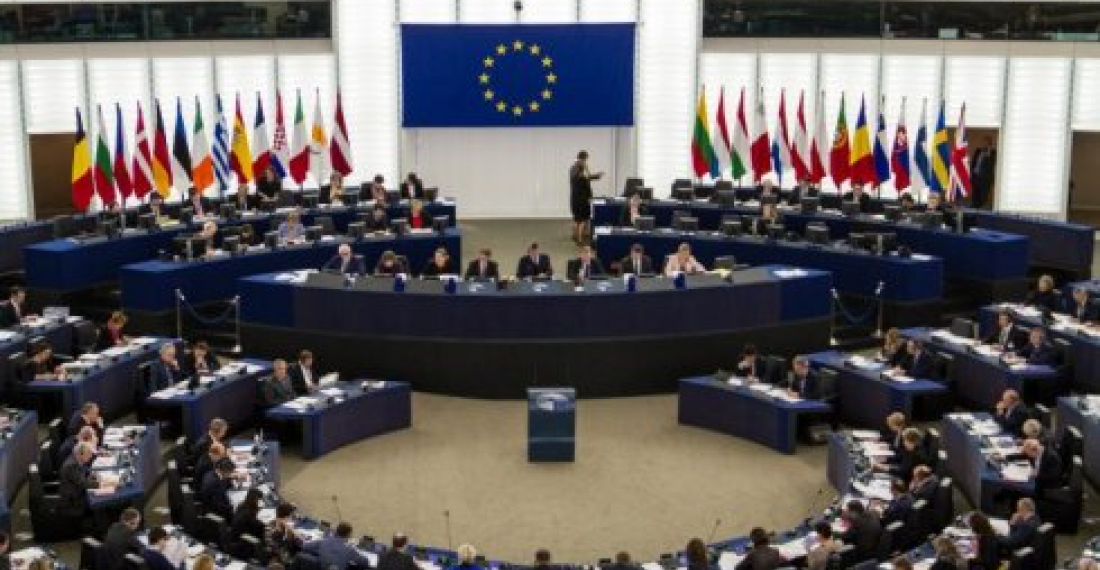A European Parliament recommendation to negotiators working on a new EU-Azerbaijan deal was adopted on Wednesday (4 July) with 564 to 69, with 47 abstentions. The recommendation calls on the EU Council, EU Commission, and the EU foreign policy chief to ensure that core EU values and rights are respected whilst considering the EU's future relationship with Azerbaijan.
Included within the recommendation are primary conditions for business, such as the agreement delivering "tangible and concrete benefits to both sides," alongside a request for EU-implemented "provisions to help Azerbaijan to fight economic crime". Amongst other things, there are also requests for Azerbaijan to release "political prisoners and prisoners of conscience," to "further support free and pluralistic media," and for the EU negotiators to help the country to " develop a strong framework to protect human rights and fundamental freedoms".
European Parliament rapporteur, Norica Nicolai, stated, "The EU is Azerbaijan's top trading partner and Azerbaijan is a strategic energy partner for the EU - it is high time to update the framework for our relations with a comprehensive agreement". She added, "I hope we can work together to ensure that the necessary progress in terms of democratic standards can be achieved before the conclusion of negotiations."
The negotiations for the new agreement started in February 2017. MEPs hope that a "comprehensive agreement" can be ratified before the EU-Eastern Partnership summit in 2019, trusting that "all key conditions are met".
source: commonspace.eu
photo: European Parliamemnt in session in Strasbourg (archive picture)






